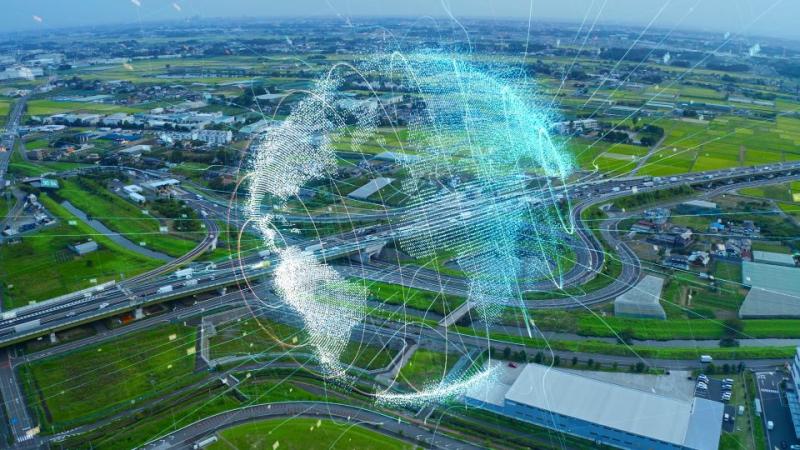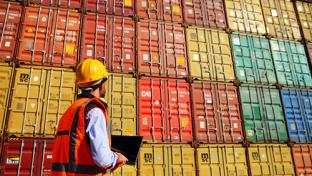3 Tips to Modernize Retail Supply Chains in 2022
Traditional supply chain models are slow to adapt and vulnerable to disruptions, which is why we’re seeing chaos at distribution centers, ports, and retail stores. While the current crisis is complicated, the solution doesn’t have to be.
As businesses seek to modernize their supply chains, they should start their transformation by establishing an end-to-end digital vision that taps into both functional applications as well as emerging technologies like automation, machine learning and advanced modeling to enable faster data-driven decisions. These tools are key to building a modern, integrated supply chain.
Since the start of the pandemic, our teams at PwC have navigated the complexities of the ongoing supply chain crisis for our clients. Here’s what we’ve learned so far and our recommendations for success for the retail industry in 2022.
Use Advanced Data Modeling to Move to ‘Scenario-Based Planning’
Traditional supply chain models are slow and linear, resulting in siloed operations that are vulnerable to disruption and filled with blind spots. Advanced data modeling enables visibility of your entire supply chain so you can identify potential weaknesses and threats and parlay those business conditions into multiple planning scenarios.
Having multiple scenarios allows retail organizations to quickly adjust operations as conditions unfold — resulting in a more resilient and robust supply chain model.
Automate Data Processes to Make Faster Decisions
Organizations spend too much time manually inputting and analyzing data and not enough time identifying and implementing solutions. Too frequently, clients are overloaded by manual data collection and analysis — wasting time and resulting in slow and often misinformed decision making.
To combat these systemic inefficiencies, supply chain leaders should adopt the latest technology to digitally transform their operations and automate labor and time intensive tasks. Considering the massive proliferation of data in the supply chain, retailers do not have the time or bandwidth to scrub, cleanse, and harmonize data.
[Read more: RIS’ Retail Technology Study]
Compared with manual data processing, automation can make an impact almost immediately on the level of data quality, while reducing the overall time and effort to meet this goal. Clean and usable data gives you a competitive advantage and empowers faster decision making.
Drive Your Digital Agenda From the Perspective of the Operator
While the technology space is exciting, we cannot forget the human element. When done well, modern supply chain technology creates a seamless experience for the user based on their job and responsibilities. These operator portals provide a place to quickly understand performance, provide recommendations on critical actions to take, and increasingly leverage machine learning to automatically address routine issues.
The answers to today’s disruption challenges are here, but it’s up to business leaders to drive the vision and adopt the right digital solutions.
—Matt Comte leads PwC's operations transformation practice, delivering integrated operations solutions for PwC clients. He has over 24 years of experience across PwC, including strategy, operations, technology, risk, tax, and managed services. Brian Houck is an experienced operations executive with over 25 years of supply chain experience in both consulting and industry. He leads PwC’s U.S. supply chain solutions. He has worked across the end-to-end consumer value chain with deep experience in retail, distribution/wholesale and CPG clients.





